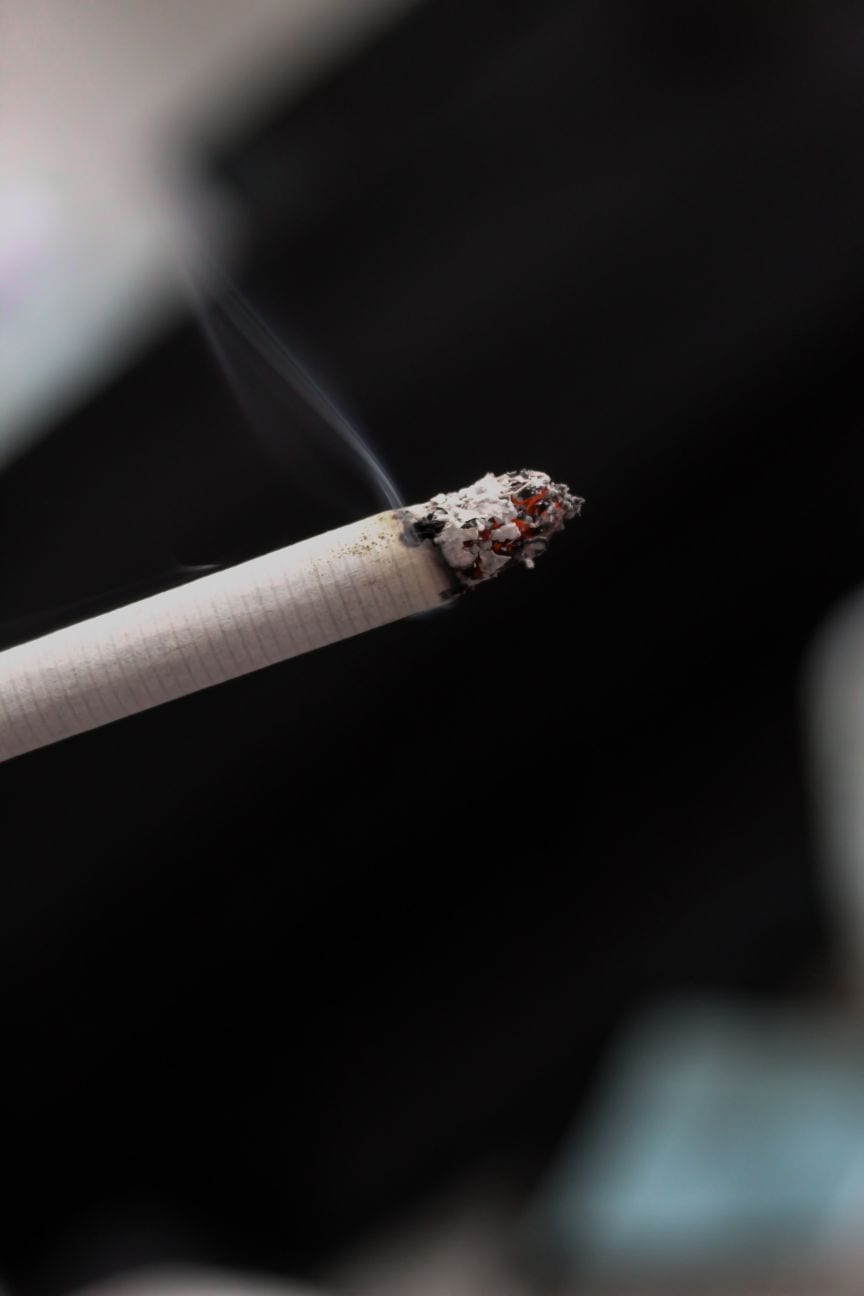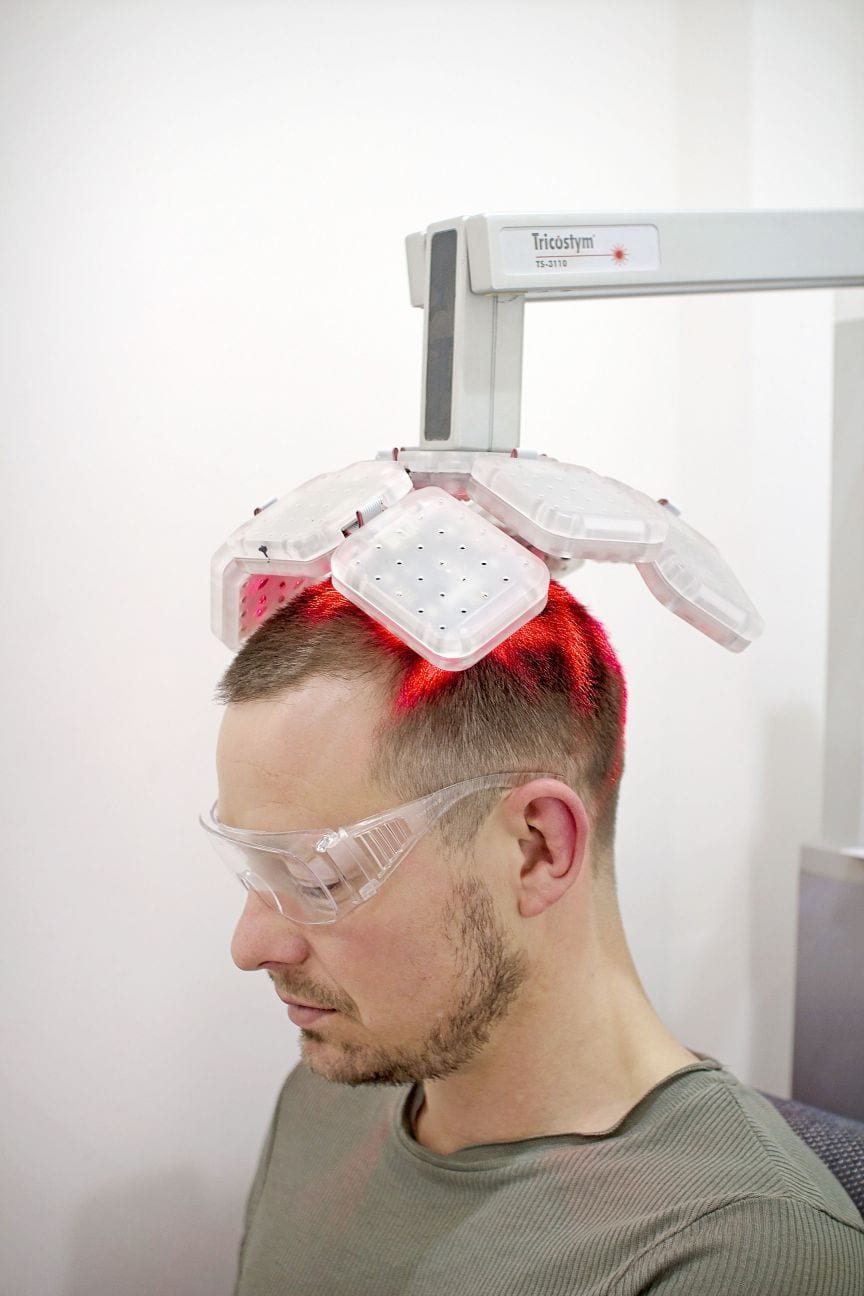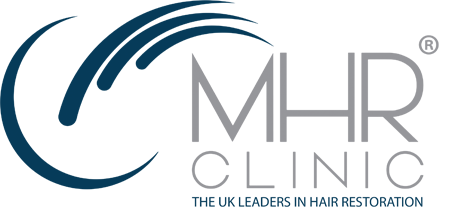
Four Important Lifestyle Changes to Adopt in the Days before a Hair Transplant
Clients of MHR Clinic are accompanied through their whole hair restoration process by our experienced staff.
This ensures their personal comfort with proceedings remains at a maximum.
It means all of their questions are fully answered and their concerns are legitimately allayed.
Our clinicians and consultants will provide reliable and validated advice at every moment of our clients’ journey towards their hair transplant.
Some of the information they provide, as the date of a procedure nears, is around minor changes to lifestyle.
There are four key areas that require attention in preparing a client for FUE and FUT hair transplant procedures.
They all involve the cessation of certain habits and routines and are as follows.




Avoid alcohol
Alcohol intake has a detrimental effect on the quality of bodily functions and tissue, including the scalp membrane.
It acts as a blood thinner so that any bleeding will be more profuse when alcohol is present in the bloodstream. Intake of alcohol in any of its forms raises blood pressure, placing added burden on a cardiovascular system.
While FUE hair transplant surgery is less invasive than most dental surgery, a minimal amount of bleeding will still occur from the extraction of hair follicles. A little more can be expected for clients undergoing FUT strip surgery. This bleeding can be kept to a minimum by clients refraining from alcohol intake for 48 hours before a hair transplant.
In addition, alcohol impacts the immune system which is key to all healing processes. For skin to regenerate and healthy tissue to form, the immune system must be strong, healthy and uncompromised. A weakened immune system leaves the door open for infection.
Pause medications
Several prescribed medications can cause a problematic effect for clients undergoing a hair transplant, due to the nature of the procedure.
While it will be necessary to temporarily halt a course of certain medications, fortunately, the vast majority of these medicines can be paused without any significant detrimental consequence for the patient.
Patients on a medical programme of finasteride or dutasteride tablets and minoxidil lotion, prescribed by our MHR doctors, will be advised to pause their course approximately two weeks before surgery. If other medicines such as blood thinners Aspirin and Warfarin, beta-blockers, some anti-inflammatories and anti-depressants are being taken, the same may be advised for them.
However, it is important that our clients advise their own GP or clinician of these requirements before reducing or stopping their intake of prescribed medicines. In the vast majority of cases our clients are advised that they’re able to pause and quickly resume their treatments around a hair transplant.
Stop smoking
If you’re a smoker then it’s important that you put down the ciggies at least 24 hours before your hair transplant. If you feel you can go for longer without a smoke then this will only better prepare your scalp for the procedure ahead.
Nicotine and tar in cigarettes each have severely detrimental effects on the function of a cardiovascular system, ridding blood of its optimum oxygen levels, needed for quick and comprehensive healing.
For this reason, it’s important that abstinence from cigarettes continues for at least one week after hair transplant surgery. Thereafter, cigarettes can be reintroduced slowly into a patient’s lifestyle if they wish. We do though recommend that this period be seen an ideal opportunity to quit smoking altogether.
While we appreciate how difficult this advice may be to take, especially for long term smokers, the benefits of not smoking will be borne out in the results of your hair transplant procedure.
Cease supplementary therapies
Men and women undergoing hair transplants will be advised when to complete their final session of low level laser therapy in the lead up to surgery. This is typically two weeks before the date of a FUE procedure.
This cessation allows hair follicles to reach a more natural state, rather than one of stimulated growth. They’re then better placed to adapt to their new location on the scalp and source important new blood and nutrient supplies.
Certain herbal and vitamin supplements, including multivitamins, also disrupt the natural processes of hair follicles. For this reason courses of these nutrients should also be suspended two weeks before a hair transplant procedure.
Protein supplements, which contain blood thinning agents, should be avoided for a two week period before a hair transplant. Heavy dieting, which places the body in a catabolic state, must also be suspended so the body recovers an anabolic state and can allot nutrients to the healing process after a hair transplant.
If you would like more information about maintaining a healthy head of hair, please contact MHR Clinic on 01565 745 344 or each out to us with contact through this website.
